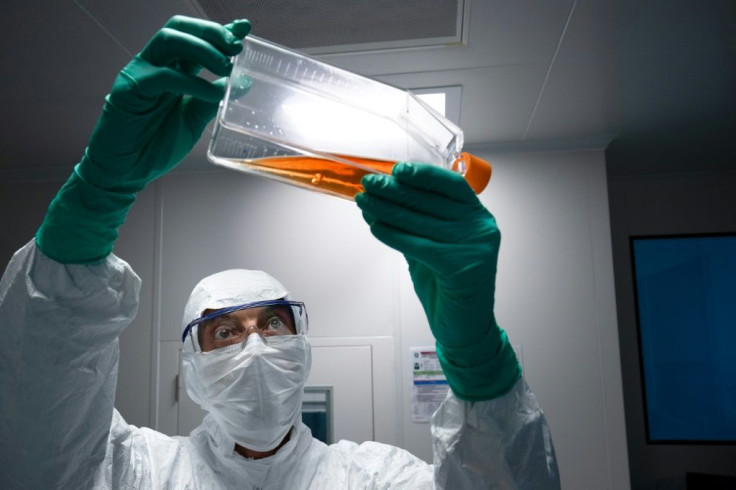Which Coronavirus Vaccine Candidates Are The Furthest Along?
Despite recent rumblings from the Trump administration, it remains unlikely that a vaccine for COVID-19 will be approved by the end of the year. However, the unprecedented global race for a vaccine has nevertheless accelerated the standard timeline for such things, resulting in several candidates that are far along in the process.
Here is a brief look at where some of these candidates stand. A handful of major contenders have reached the late-stage Phase 3 efficacy trials, where thousands of human subjects are given the vaccine to test its effectiveness versus a placebo. The FDA requires at least 50% efficacy in order to deem a candidate viable.
Moderna has reached Phase 3 with a candidate that utilizes experimental messenger RNA to produce proteins needed to fight the novel coronavirus. The promising candidate has received $2.5 billion in total funding from the U.S. government and was found to be effective in monkeys. Early human trials also showed promising results. Its final round of trials is set to include 30,000 subjects.
Another messenger RNA-based candidate is in the works from a global collaboration between Pfizer in the U.S, BioNTech in Germany, and Fosun Pharma in China. Two versions of this group’s vaccine candidate are currently undergoing mixed Phase 2/3 testing. While both have successfully produced SARS-CoV-2 antibodies, one was found to do so with fewer negative side effects. Pfizer has said that, if approved, it expects to produce 1.3 billion vaccine doses by the end of next year.
The partnership of AstraZeneca and the University of Oxford has produced a vaccine candidate that is currently in mixed Phase 2/3 trials, based on the adenovirus found in chimpanzees. In earlier Phase 1/2 trials, the candidate was found to produce the necessary antibodies without any major side effects. The European Union has reached a deal with AstraZeneca for 400 million doses of this vaccine should it gain approval.
Controversially, both Russia and China have approved vaccines for early or limited use without waiting for Phase 3 results, much to the dismay of health officials worldwide. In China, the candidate from CanSino Biologics was approved for use in the military after promising Phase 2 results. It is set for Phase 3 trials in Pakistan and Saudi Arabia.
In Russia, a vaccine candidate codenames “Sputnik V” was approved in mid-August, with plans to start production by the end of the year. Following the widespread outcry against this move, Russia changed course, calling the approval a “conditional registration certificate” that would be dependent on an expanded round of Phase 3 trials.

© Copyright IBTimes 2025. All rights reserved.





















